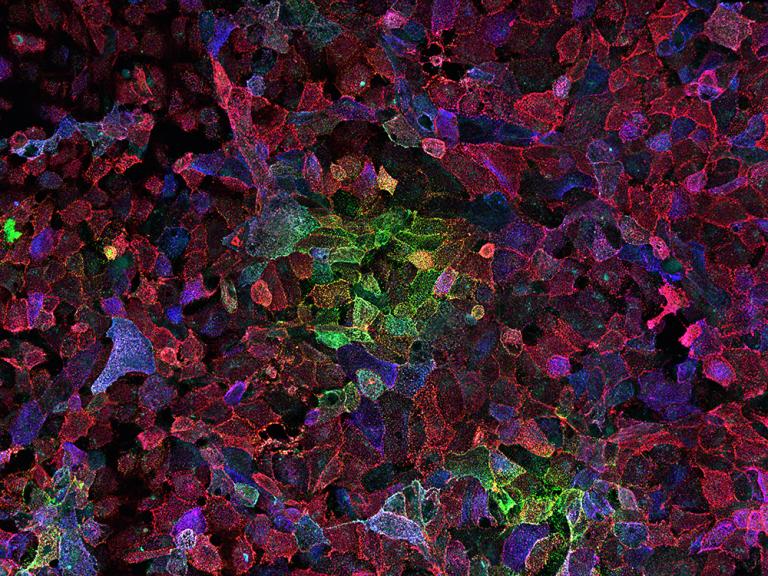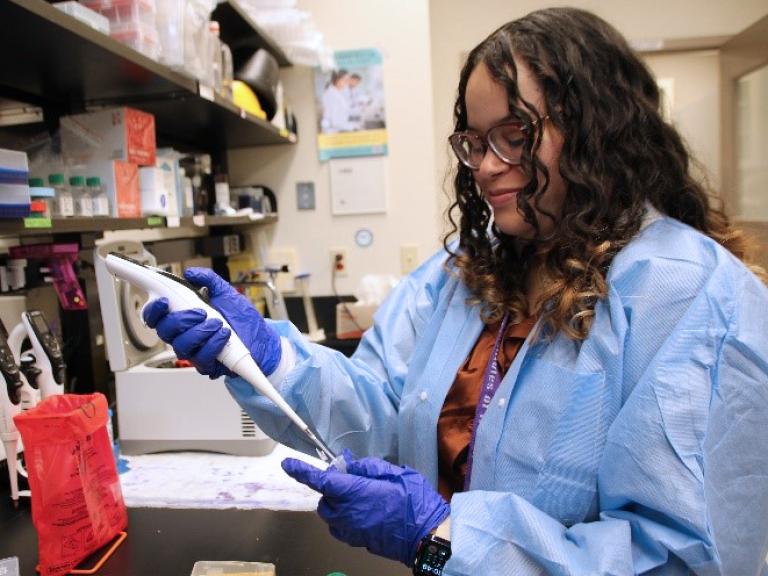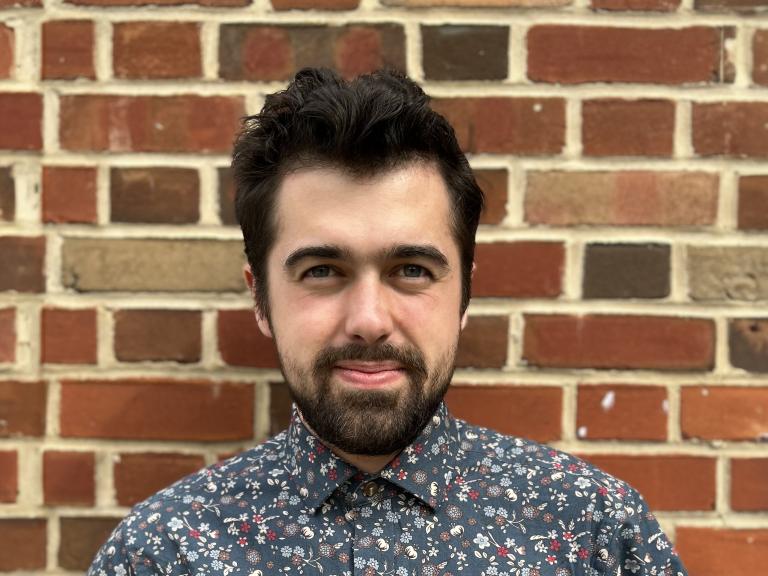Who Can Apply | How to Apply | Funding | What It's Like to Train at NIAID
Postbaccalaureate research trainees (postbacs) at NIAID engage in research at the forefront of immunologic, allergic, and infectious diseases. Postbacs conduct research in NIAID laboratories located in Maryland and Montana (Rocky Mountain Laboratories in Hamilton), which provides a unique scientific research training environment in basic, translational, and clinical research for recent college graduates considering graduate or professional school (master’s, Ph.D., M.D., or equivalent graduate degree) in healthcare and STEM fields. Postbacs spend one to two years performing full-time research under the guidance and direction of an NIAID principal investigator. Trainees have the opportunity to engage and network with experts in diverse scientific research fields while taking advantage of the extensive resources of NIH.
Read more about the Division of Intramural Research and the Vaccine Research Center. Find more information about postbaccalaureate training opportunities from the NIH Office of Training and Education (OITE).
Note: The duration of the program is typically one year; however, the fellowship may be extended for an additional year provided satisfactory performance of the trainee and availability of continued support by the laboratory.
Who Can Apply
Applicants must
- Be a U.S. citizen or permanent resident
In addition, applicants must meet one of the following criteria:
- Have earned a bachelor’s degree within three years of postbac start date
- Have received a master's degree within six months before the postbac start date
How to Apply
Postbaccalaureate Intramural Research Training Award (IRTA) Program
The postbac IRTA program is designed to provide recent college graduates the opportunity to conduct full-time biomedical research in the resource-rich environment of NIH.
- Apply through the OITE application portal.
- Refer to OITE's video for detailed application information.
- After submitting your application, contact NIAID investigators with whom you would like to work.
- Read the OITE guide on Finding an NIH Mentor before reaching out to prospective mentors.
- Explore research conducted in NIAID laboratories.
Note: Recent graduates may also apply to the NIH Summer Internship Program to conduct research in an NIAID laboratory if they are enrolled in a degree-granting program the semester following the summer program.
For specific questions, contact the NIAID Office of Research Training and Development.
Funding
Funding is based on NIH appointment type (e.g., IRTA, Special Volunteer). Stipend levels for trainees are published annually and determined based on experience.
What It's Like to Train at NIAID

Explore NIAID Labs
Learn about the principal investigators and how their research supports NIAID’s mission.
NIAID Laboratories

Hear from Trainees
Hear from trainees about why they chose to complete a postbac at NIAID.

Trainee Recognition
Our trainees often have opportunities to be recognized for their outstanding research.
Congratulations to Walker Symonds-Orr in the Dolan Research Group at NIAID’s Laboratory of Viral Diseases, who was named the postbaccalaureate awardee for the Norman P. Salzman Memorial Award for Basic and Clinical Virology.
Contact Information
For specific questions, contact the NIAID Office of Research Training and Development.


